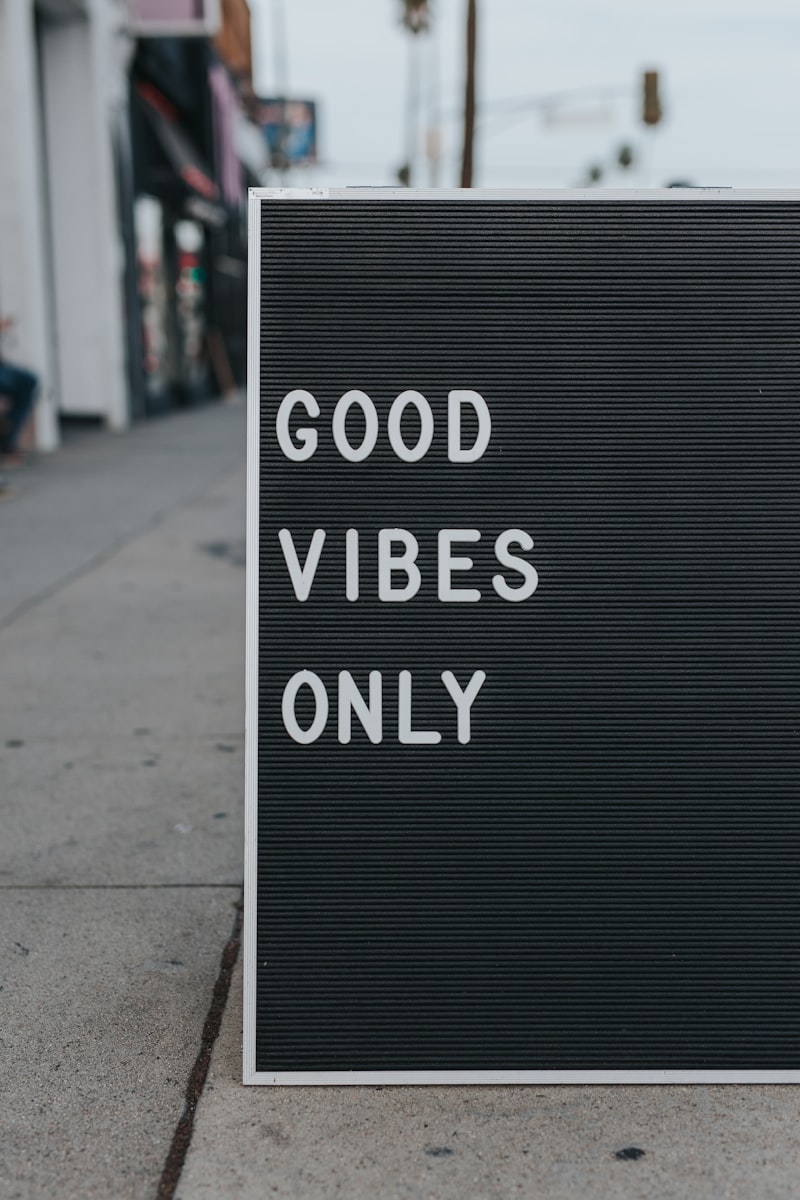What Are the Most Influential Women’s Rights Movements in History?
Take the Seneca Falls Convention of 1848, for instance. Picture a group of visionary women, including Elizabeth Cady Stanton and Lucretia Mott, coming together to draft the Declaration of Sentiments. This bold document laid the foundation for women’s suffrage in the United States. It was as if these women took a giant leap forward, casting a bright light on gender equality and demanding that women’s voices be heard.
Fast forward to the early 20th century, and you’ll find the suffragette movement in full swing. The tireless efforts of women like Emmeline Pankhurst in the UK turned the struggle for the right to vote into a national cause. Imagine the bravery it took for women to face imprisonment and force-feeding just to secure the right to participate in elections. Their courage transformed societal norms and highlighted the crucial role women play in democracy.
Then there’s the feminist movement of the 1960s and 70s, a time when the fight for equality took on new dimensions. Think of figures like Betty Friedan, whose book “The Feminine Mystique” challenged traditional roles and ignited a wave of change. This movement wasn’t just about achieving legal rights; it was about reshaping cultural attitudes and expanding the boundaries of women’s roles in society.
Each of these movements represents a vital chapter in the ongoing story of women’s rights, illustrating how each step, each struggle, and each victory has contributed to the broader narrative of equality and justice.
Trailblazers: The Most Pivotal Women’s Rights Movements That Shaped History

Then there’s the feminist movement of the 1960s and 70s, often symbolized by the rise of the second-wave feminists. These women broke barriers in the workplace and the home, advocating for equal pay, reproductive rights, and an end to gender discrimination. Their efforts were like a lightning bolt, sparking conversations and policies that transformed everyday life.
Fast forward to the present, and the #MeToo movement shines a spotlight on sexual harassment and abuse, amplifying the voices of countless women who once suffered in silence. It’s a testament to the ongoing fight for equality, showing that the quest for women’s rights is far from over.
These trailblazers didn’t just make history; they carved out a new world where equality is a possibility rather than a distant dream. Their stories remind us that change is always possible, and it often starts with a bold step from those brave enough to challenge the norm.
From Suffrage to Equality: Key Women’s Rights Movements That Changed the World
Let’s take a stroll down memory lane and explore some pivotal movements that have reshaped our world. Picture the suffragists of the early 20th century, standing up for their right to vote. Their fierce determination, despite immense opposition, paved the way for women’s political participation. Figures like Susan B. Anthony and Emmeline Pankhurst didn’t just fight for the right to vote; they championed a broader cause for women’s equality.
Fast forward to the 1960s and 70s, and you’ll find the Women’s Liberation Movement making waves. This era wasn’t just about voting rights; it was about dismantling barriers in every aspect of life. Women were breaking free from traditional roles and demanding equal pay, reproductive rights, and an end to workplace discrimination. It was a revolution that echoed in every corner of society, challenging norms and reshaping expectations.
And let’s not forget the global impact of these movements. From the Equal Rights Amendment in the U.S. to international advocacy for women’s education and health, the ripples of these efforts have reached far and wide. Women across the world have drawn inspiration from these movements, fighting for their rights and challenging injustices in their own countries.
So, the next time you think about the progress we’ve made, remember that it’s the result of countless women and men standing up for what’s right, often against great odds. Their struggles and victories continue to inspire change, reminding us that the fight for equality is a journey with no final destination.
Revolutionary Voices: Examining the Most Impactful Women’s Rights Campaigns
One standout example is the suffrage movement. Women like Susan B. Anthony and Elizabeth Cady Stanton weren’t just fighting for the right to vote; they were spearheading a movement that would ripple through generations. Their tireless efforts culminated in the 19th Amendment, a monumental shift in American democracy that underscored the ultimate equality of all citizens, regardless of gender.
Fast forward to the 20th century, and you have the feminist waves of the 1960s and 70s. This era saw women like Gloria Steinem and Betty Friedan take center stage, advocating for workplace rights, reproductive freedom, and equal pay. Their campaigns weren’t just about raising awareness; they were about dismantling systemic barriers and establishing a new norm for gender equality.
In recent years, the #MeToo movement has brought a new urgency to women’s rights, highlighting the pervasive issue of sexual harassment and assault. This campaign didn’t just spotlight individual stories; it ignited a global conversation, revealing just how deeply rooted and widespread these problems are.
Each of these campaigns shares a common thread: they are revolutionary because they didn’t accept the world as it was. They questioned, challenged, and ultimately transformed the narrative around women’s rights. The impact of these campaigns continues to shape our world, proving that when voices unite for a common cause, they can drive profound and lasting change.
Echoes of Change: How Historical Women’s Rights Movements Redefined Society

Fast forward to the civil rights era, and the intersectionality of women’s rights became even clearer. Figures like Rosa Parks and Angela Davis weren’t just icons of racial equality; they were pivotal in pushing for gender equality within the broader struggle for civil rights. Their efforts highlighted that the quest for justice couldn’t be siloed into separate issues. Instead, it was a confluence of gender, race, and socio-economic factors that needed addressing simultaneously.
These movements did more than secure legal rights—they ignited a cultural shift. Women’s roles expanded beyond traditional boundaries, influencing everything from workplace dynamics to family structures. The stories of these trailblazers remind us that change is often incremental but profoundly impactful.
So, the next time you witness a societal shift, remember that it’s the echoes of these historical movements reverberating through time, reminding us that progress is a journey paved by the relentless spirit of those who dared to challenge the status quo.
